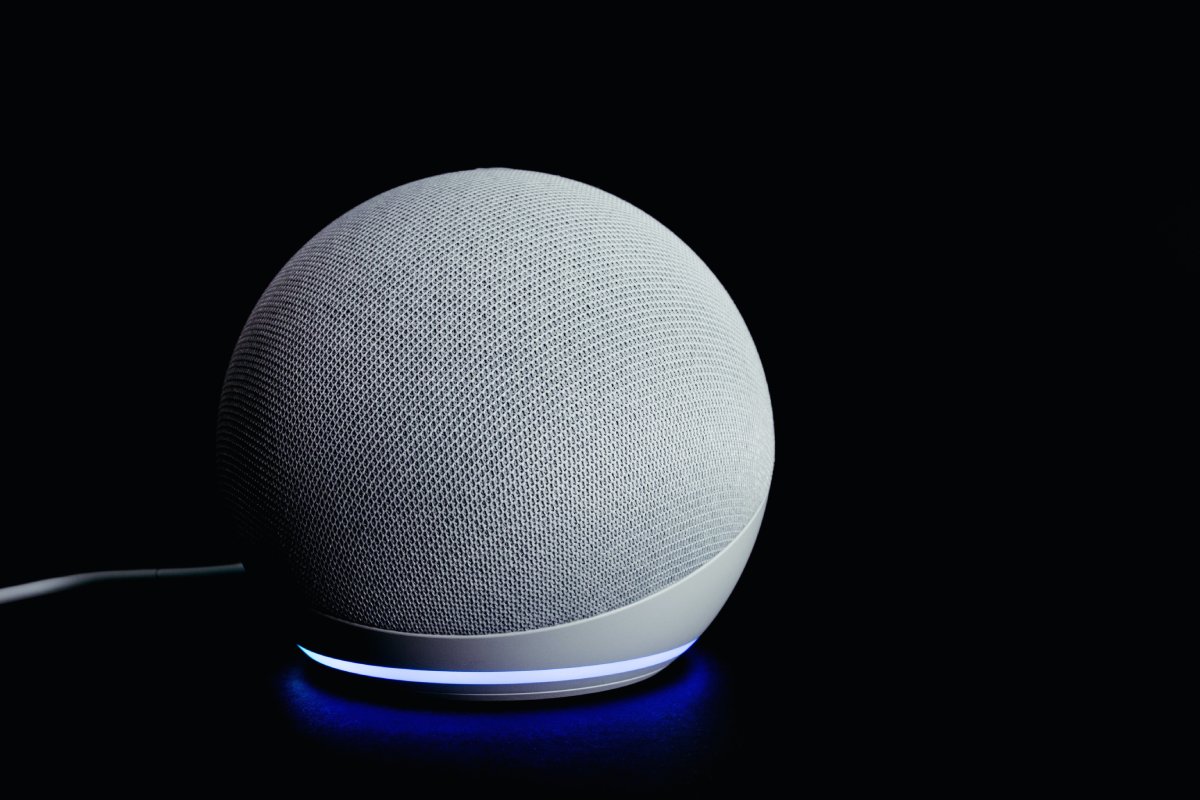The great promise and hype by travel executives several years ago about the potential of voice search to revolutionize the industry have gone nowhere. Voice-based search hasn’t progressed as serious destination marketing avenue because the technology underpinning it yet can’t drive effective engagement, inspire travel and handle the complexity of travel search.
The recent introduction of ChatGPT has reignited the discussion around AI and its applications, one of which is voice recognition. Voice search uses speech recognition technology to search the web. Consumers can use it on smart devices like a smart speaker, phone, connected TV, etc. One estimate has it that half of U.S. consumers use voice search daily. About one-third of Americans own a smart speaker, according to Statista.
While voice tech continues to proliferate, its potential has stalled in travel marketing. Before the pandemic, voice was on the to-do-list for travel marketers to capitalize on. “There was a lot of talk, but there hasn’t been a thoughtful continuum,” said Destination Canada Chief Marketing Officer Gloria Loree. “I don’t know any chief marketing officers getting on stages and talking about their impact through SEO or voice search. It’s just not there and I’d put ourselves in that same group.”
At the 2016 Skift Global Forum, Expedia founder and Zillow Chairman Rich Barton, then-Expedia Group CEO Dara Khosrowshahi, and Priceline founder Jay Walker talked about voice-based search being the next frontier in travel.
Expedia introduced voice-based capabilities on Alexa and Google Assistant in subsequent years. Fast forward, not much has been done. An Expedia spokesperson said there were no updates to share on these capabilities.
For tourism agencies, the priority initially was and continues to be topping voice search results. Crafting web pages that were made for pickup by voice are a big focus, according to Robert Patterson, senior vice president of marketing technology for MMGY Global, a travel marketing agency.
Some tourism agencies saw the potential to influence travel discovery and choices on the voice capabilities of smart devices. A few projects and campaigns tried to be first movers, according to Patterson. Those projects unfortunately didn’t really get too far, he said.
In 2019, Travel Oregon introduced an Alexa skill that centered on the state’s winemaking. “From an accessibility standpoint and just looking at how prevalent these devices are, we just thought it would make sense to kind of experiment with voice,” said Mo Sherifdeen, director of global integrated marketing at Travel Oregon.
An opportunity was to inspire visitations and traveler engagement with creative audio storytelling on smart speakers. With Travel Oregon’s Alexa skill, users take a vocal quiz about Oregon winemaking and eventually unlock one four podcasts, featuring interviews and storytelling from some of the state’s most prominent wine industry professionals.
But since 2019, Travel Oregon hasn’t returned to its Alexa project. The pandemic caused them to shift their attention to survival mode. The campaign metrics on their investments compared to other tools like Google Analytics were also rudimentary.
Voice-based AI can too limited for supporting customer engagement. They often need precise language and predetermined responses. “While it’s great for a specific campaign, the limitation of that is that it’s not necessarily a great tool for travel planning and more natural language based connotation,” said Sherifdeen. The Alexa skill easily broke down and outsmarted by users.
One reason why voice search is stuck in limbo for travel is that the AI can’t handle complex tasks. With variety of travel online agencies, requirements of trip planning and then necessity of destination inspiration content, travel search is a “complicated beast,” according to Sherifdeen. Before making their purchases, customers need to scrutinize their travel accommodations, according to Patterson.
Instead, users ask smart devices for simple inquiries. Listening to music, asking about the weather and checking the time are the most popular tasks for smart speakers, according to the 2022 Smart Audio Report. Patterson said audio ads on music platforms seem to be bright spot for marketing on smart speakers.
But voice capabilities could finally improve and be useful for travel marketers beyond an informational sharing tool thanks to the recent developments of generative AI. Possibilities include better personalized travel advertising and planning.
In addition to internal workflow enhancements, Travel Oregon’s Sherifdeen thinks destination content will make its way in voice. “I think we’re just barely scratching the surface of it and with the addition of generative AI I think it’s only going to get better,” said Sherifdeen.
Subscribe to Skift Pro to get unlimited access to stories like these
{{monthly_count}} of {{monthly_limit}} Free Stories Read
Subscribe NowAlready a member? Sign in here
Subscribe to Skift Pro to get unlimited access to stories like these
Your story count resets on {{monthly_reset}}
Already a member? Sign in here
Subscribe to Skift Pro to get unlimited access to stories like these
Already a member? Sign in here
